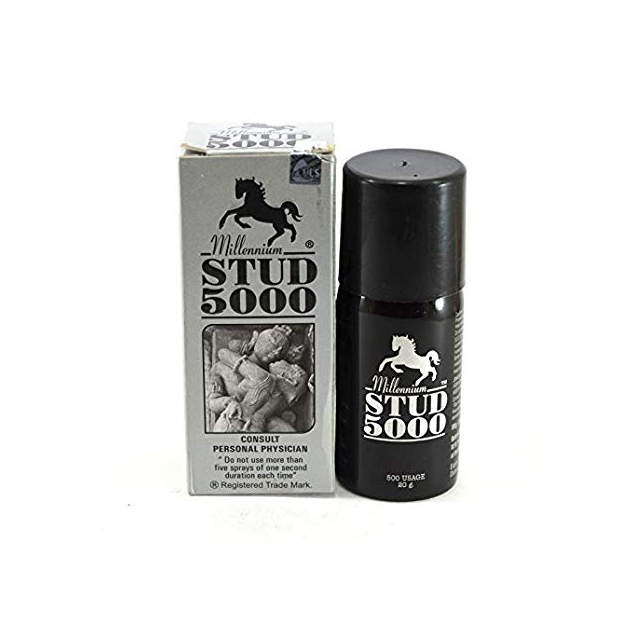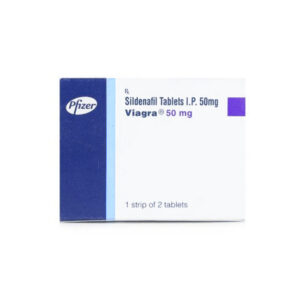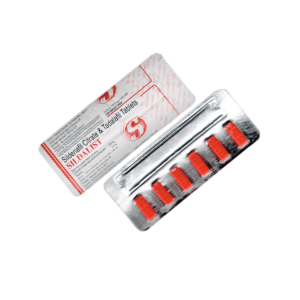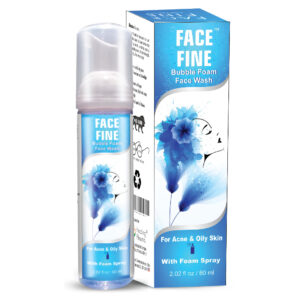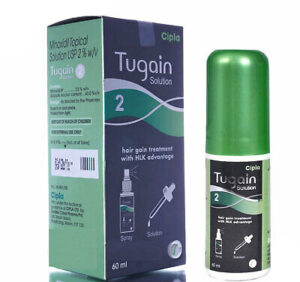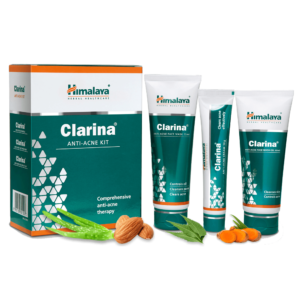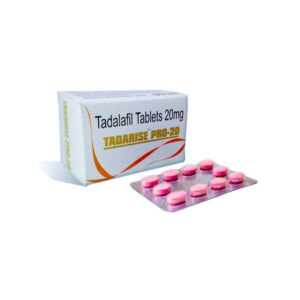What is this drug used for?
• It is used to stop pain.
• It is used to treat painful nerve diseases.
• It is used to treat signs of hemorrhoids or rectal irritation.
• It is used to ease long-term pain problems.
• It is used to ease pain from skin irritations.
• It is used to ease pain caused by shingles.
• It is used to treat mouth sores.
• It may be given to you for other reasons. Talk with the doctor.
Frequently reported side effects of this drug
• Redness
• Edema
• Skin discoloration
Other side effects of this drug: Talk with your doctor right away if you have any of these signs of:
• Infection
• Acidosis like confusion, fast breathing, fast heartbeat, abnormal heartbeat, severe abdominal pain, nausea, vomiting, fatigue, shortness of breath, or loss of strength and energy.
• Methemoglobinemia like blue or gray color of the lips, nails, or skin; abnormal heartbeat; seizures; severe dizziness or passing out; severe headache; fatigue; loss of strength and energy; or shortness of breath.
• Difficulty breathing
• Slow breathing
• Shallow breathing
• Severe application site irritation
• Severe numbness or tingling
• Rectal bleeding
• Rectal pain
• Seizures
• Lightheadedness
• Fatigue
• Blurred vision
• Confusion
• Vision changes
• Anxiety
• Dizziness
• Passing out
• Noise or ringing in the ears
• Nausea
• Vomiting
• Sensation of warmth
• Sensation of cold
• Tremors
• Twitching
• Chest pain
• Slow heartbeat
• Signs of a significant reaction like wheezing; chest tightness; fever; itching; bad cough; blue skin color; seizures; or swelling of face, lips, tongue, or throat.
Note: This is not a comprehensive list of all side effects. Talk to your doctor if you have questions.
Pronunciation
(LYE doe kane)
Storage/Stability
All formulations: Store at room temperature; see product-specific labeling for any additional storage requirements. Store and dispose of products out of the reach of children and pets.
Adverse Reactions
Adverse effects vary with formulation and extent of systemic absorption; children may be at increased risk.
Cardiovascular: Bradycardia, circulatory shock, edema (intradermal powder), flushing (topical patch), hypotension, shock
Central nervous system: Apprehension, central nervous system depression, confusion, disorientation (topical patch), dizziness, drowsiness, euphoria, excitement, headache (topical patch), hyperesthesia (topical patch), hypoesthesia (topical patch), localized warm feeling, loss of consciousness, metallic taste (topical patch), nervousness, numbness, pain (exacerbation; topical patch), paresthesia, seizure, sensation disorder (topical patch), sensation of cold, twitching
Dermatologic: Dermatitis, erythema (more common in adults, intradermal powder), exfoliation of skin (topical patch), papule (topical patch), pruritus (intradermal powder; also occurs with topical patch), skin blister (topical patch), skin depigmentation (topical patch), skin edema (topical patch), skin erosion (topical patch), urticaria
Gastrointestinal: Dysgeusia (topical patch), nausea (intradermal powder; also occurs with topical patch), vomiting
Hematologic & oncologic: Bruise (topical patch), methemoglobinemia, petechia (intradermal powder)
Hypersensitivity: Anaphylactoid shock, angioedema, hypersensitivity reaction
Local: Application site burning (topical patch), application site erythema (topical patch), application site vesicles (topical patch), local discoloration (topical patch), local irritation (topical patch)
Neuromuscular & skeletal: Asthenia, laryngospasm, tremor
Ophthalmic: Blurred vision, diplopia
Otic: Tinnitus
Respiratory: Bronchospasm, dyspnea, respiratory depression
–

